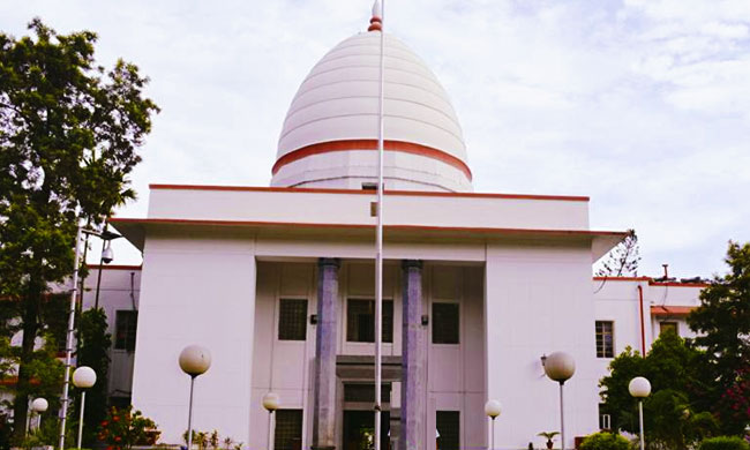Consent Obtained By Threat Immaterial, Not Valid U/S 90 IPC: Gauhati High Court Upholds Conviction For Rape
Zeb Hasan
3 May 2022 9:54 AM IST

Next Story
3 May 2022 9:54 AM IST
The Gauhati High Court recently while dealing with a case of rape of a minor girl observed that if the victim was kept under threat and compulsion to stay with the accused petitioner, such consent cannot be termed as a consent within the purview of Section 90 IPC. The observation came from Justice Rumi Kumar Phukan who said that even if she was a major, in the given circumstances...
